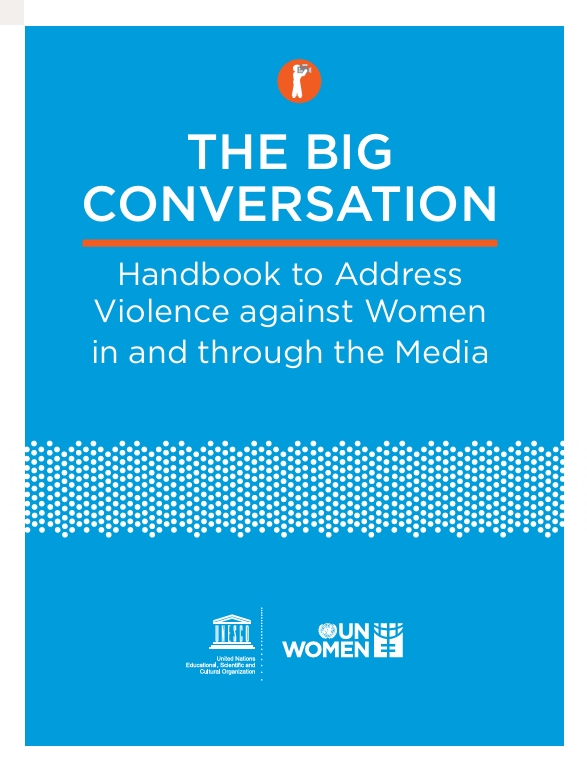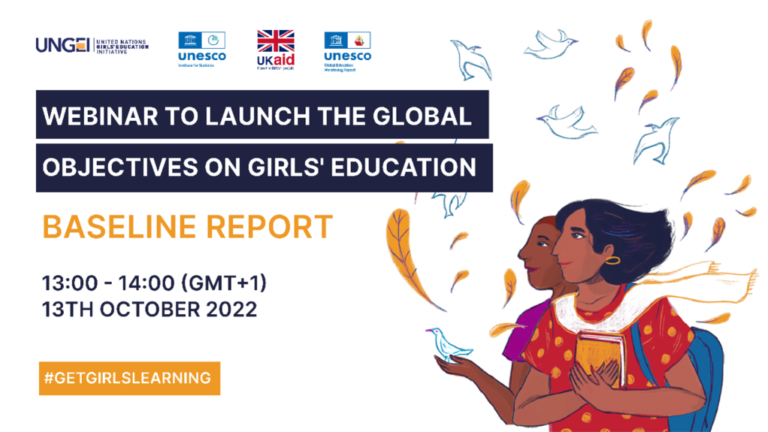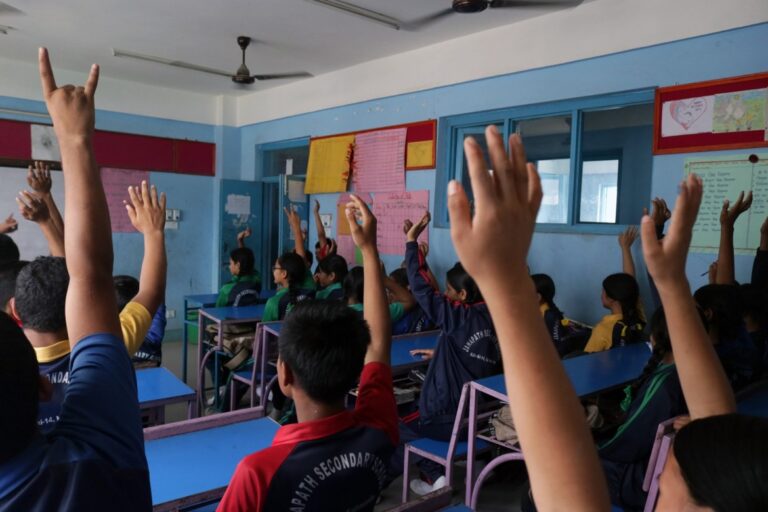Story Source: UNESCO ~ Go to Original Article
 “I wanted to be a doctor since my childhood but I was afraid of science because I mostly hear many people say it is difficult, and that I will abandon at some point.”
“I wanted to be a doctor since my childhood but I was afraid of science because I mostly hear many people say it is difficult, and that I will abandon at some point.”
Bernice Impraim, like many young girls in Ghana and around the world, was held back by gender norms, biases or expectations that influenced the subjects she studied and challenged her confidence to pursue her dream.
Girls are particularly under-represented in Science, Technology, Mathematics and Engineering (STEM) education. Whether rooted in national education systems or gender norms that affect a girl’s interest and confidence, girls like Bernice feel they do not have the ability to enter these “masculine” fields. Despite these challenges, Bernice is now a first year science student in the Breman Asikuma Senior High School in Ghana.
To engage more girls like Bernice in STEM-related courses in secondary and higher levels of education, UNESCO in partnership with the Girls’ Education Unit of the Ghana Education Service organized quarterly STEM clinics. These one-day STEM events during which girls build their skills and interact with female scientists were held in three districts, selected as the participation rate of girls in STEM courses is low.
In 2017, the first STEM clinic demonstration was held for 200 girls from 10 selected schools. The STEM clinics provided girls with the opportunity to experience hands-on demonstrations and learn about STEM-related careers. Women role models and science teachers discussed the various areas of science, and girls exchanged their thoughts and questions with famous women scientists. Girls also simulated practical laboratory experiments on topics such as chemistry, physics and mathematics, after a demonstration by teachers.
Bernice felt inspired after attending the STEM clinic. “Before, I did not have anyone to encourage me and explain the opportunities that I have”, she said. “But at the STEM clinic, I received support from the facilitators and decided to study science regardless of the negative views I heard.”
While she still faces challenges in her courses such as not always being able to afford the suggested science textbooks and sometimes having difficulty to understand some of the mathematics formulas, Bernice is determined to continue studying science and requests help from her teachers when needed.
She has also become an advocate for science in her school and community. Bernice regularly shares her experience from the STEM clinic and her practical experience as a science student with her friends to encourage them to pursue STEM-related subjects. She also plans to carry out community sensitization actions on the importance of science and the opportunities available to those who have an interest in it.
“Now I am confident to pursue my dream of becoming a doctor.” The STEM clinics have made a positive impact on many girls like Bernice to engage in STEM studies and follow their dreams of becoming a doctor, a scientist or an engineer.
Bernice is participating in a project currently implemented by the UNESCO office in Accra, under the UNESCO-HNA Partnership for Girls’ and Women’s Education. The project aims to increase girls’ participation in science-related subjects and enhance the interventions by the Girls’ Education Unit of the Ghana Education Service.
Watch more videos from the STEM clinics in Ghana: Evelyn is empowered to study sciences(link is external) & Precious shares her good grades in sciences(link is external)
- UNESCO-HNA Partnership for Girls’ and Women’s Education
- Boost to girls’ participation in science education in Ghana
- UNESCO’s global report, Cracking The Code: Girls’ and Women’s Education in STEM
- Girls’ and women’s education in science, technology, engineering and mathematics (STEM)






